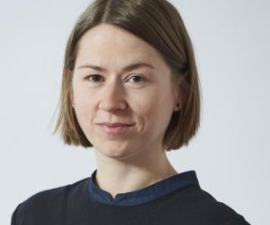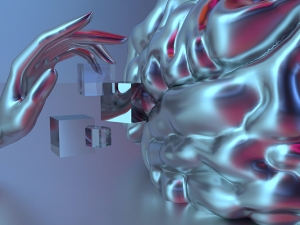

Research Bio
The Kidd Lab studies the processes involved in learning and belief formation, starting in infancy, using a combination of computational and behavioral methods. The lab is one of few in the world that combine technologically sophisticated behavioral experiments with computational models in order to broadly understand knowledge acquisition. The Kidd Lab employs a range of methods, including eye-tracking and touchscreen testing with human infants, in order to show how learners sample information from their environment and build knowledge gradually over time.
Celeste Kidd's work has been published in PNAS, Neuron, Psychological Science, Developmental Science, and elsewhere. Her lab has received funding from NSF, DARPA, Google, the Jacobs Foundation, the Human Frontiers Science Program, and the Templeton Foundation. She is a recipient of the Hellman Fellows award, the American Psychological Science Rising Star designation, the Glushko Dissertation Prize in Cognitive Science, and the Cognitive Science Society Computational Modeling Prize in Perception/Action. Kidd was also named as one of TIME Magazines 2017 Persons of the Year as one of the "Silence Breakers" for her advocacy for better protections for students against sexual misconduct.
Research Expertise and Interest
attention, curiosity, learning, computational modeling, cognitive development, machine learning, belief formation




